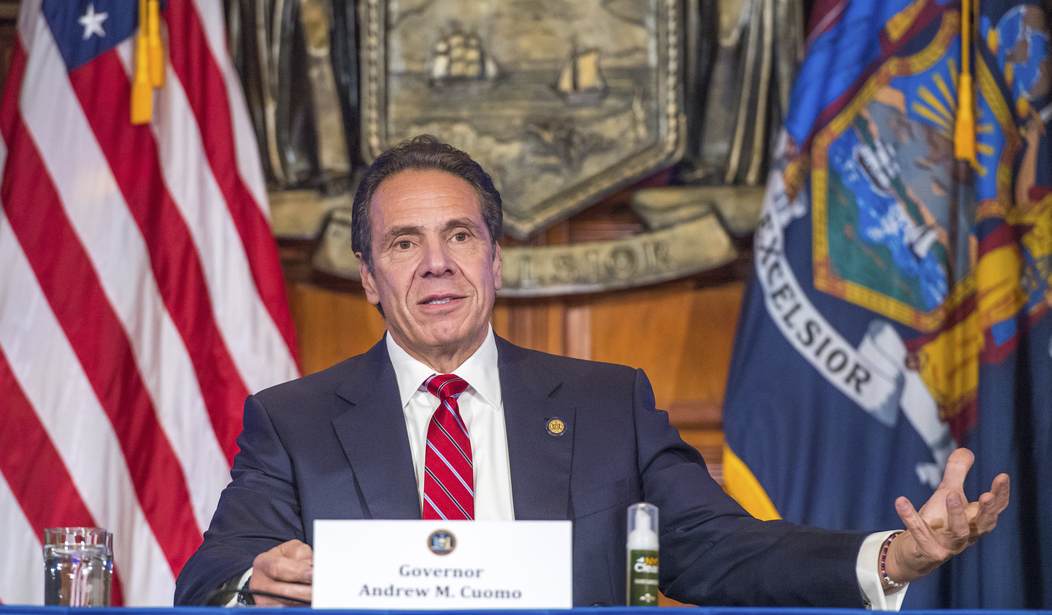While much of the political attention around antitrust reform has centered on the House of Representatives and U.S. Senate, legislators at the state level are also proposing punitive reforms that continue to articulate an outdated presumption that “big is bad.” New York, the state home to 54 Fortune 500 companies, is currently considering antitrust legislation to enshrine “big is bad” ideology into state law and deny consumers the benefits large companies provide. Given the substantial number of large companies headquartered in New York, antitrust reform in this state could reverberate nationally, potentially harming millions of consumers across the country.
Under the proposed Twenty-First Century Anti-Trust Act, companies in New York would be prohibited from monopolizing, attempting to monopolize, or conspiring to “monopolize any business, trade or commerce or the furnishing of any service” in New York. Additionally, the bill would outlaw “any person…with a dominant position in the conduct of any business” from abusing “that dominant position.” Finally, companies under New York jurisdiction would have to notify the state if they planned a merger or acquisition exceeding $8 million.
Violating the Twenty-First Century Anti-Trust Act would be a class C felony with a fine up to $100,000, or “imprisonment for not longer than… fifteen years.” Companies face a fine of up to $100 million. The bill would also allow individual citizens to bring a class-action lawsuit against companies who allegedly abused their dominant position.
Labor unions would be exempt from this rule, even though they operate in a similar manner to private enterprises in a dominant position.
The Twenty-First Century Anti-Trust Act language reaffirms the simplistic “big is bad” mentality dominating antitrust thought. The opening of the bill, which explicitly references technology companies, states, “there is great concern for the growing accumulation of power in the hands of large corporations” who “possess great and increasing power over all aspects of our lives.” Consumer welfare is not mentioned, nor is the importance of a marketplace that prioritizes consumers.
Recommended
The bill ignores how large companies can, in some instances, provide substantial benefits to consumers in terms of lower prices and innovative products; factors the more nuanced consumer welfare standard recognizes. If New York legislators want antitrust laws to work for consumers, they should shift away from “big is bad” and enshrine the consumer welfare standard into state law.
One of the principal flaws of the “big is bad” mentality is how it assumes dominant firms will remain in their position unchallenged. Facebook, for example, was created in 2004 when MySpace.com dominated the social media world. MySpace failed, despite being a dominant company, because of a poor interface and a lack of features consumers demanded. Since gaining dominance in the world of social media, Facebook has faced stiff competition from disruptive companies like TikTok with an estimated 100 million U.S. users.
If dominant companies were truly anticompetitive, the social media market would still be owned by MySpace, and TikTok could not have emerged as a direct threat to Facebook. To ensure dominant companies are not overtaken by potential competitors, they must continue providing consumer benefits and innovations.
One of the main benefits of large companies is their ability to invest significant sums of money in Research and Development (R&D). Apple, a company routinely in the crosshairs of antitrust enforcers, invested over $10 billion into R&D in 2017. This investment allowed Apple to release new, innovative products at a lower cost to consumers.
The low cost and advanced technology contained in its products is why over 113 million Americans, or 47 percent of smartphone users, have an Apple iPhone.
On the other hand, small companies are often unable to make these sizable investments, leaving consumers with less innovative products at a higher price point. Therefore, punishing large companies who have opened access to advanced products only harms consumers by denying them access to these products.
With New York’s Twenty-First Century Anti-Trust Act under consideration, it's clear legislators at both the state and federal level are returning to an overly simplistic “big is bad” ideology when seeking to reform antitrust statutes. While this may be rhetorically powerful, it fails to recognize the genuinely competitive nature of modern markets and how large companies can enhance consumer welfare.
If New York legislators want to use antitrust statutes to protect consumers, they will eschew the big is bad approach of the Twenty-First Century Antitrust Act in favor of the more nuanced consumer welfare standard that prioritizes consumers.
Edward Longe is a research associate at the American Consumer Institute, a nonprofit educational and research organization. For more information about the Institute, visit www.TheAmericanConsumer.org or follow us on Twitter @ConsumerPal.

























Join the conversation as a VIP Member